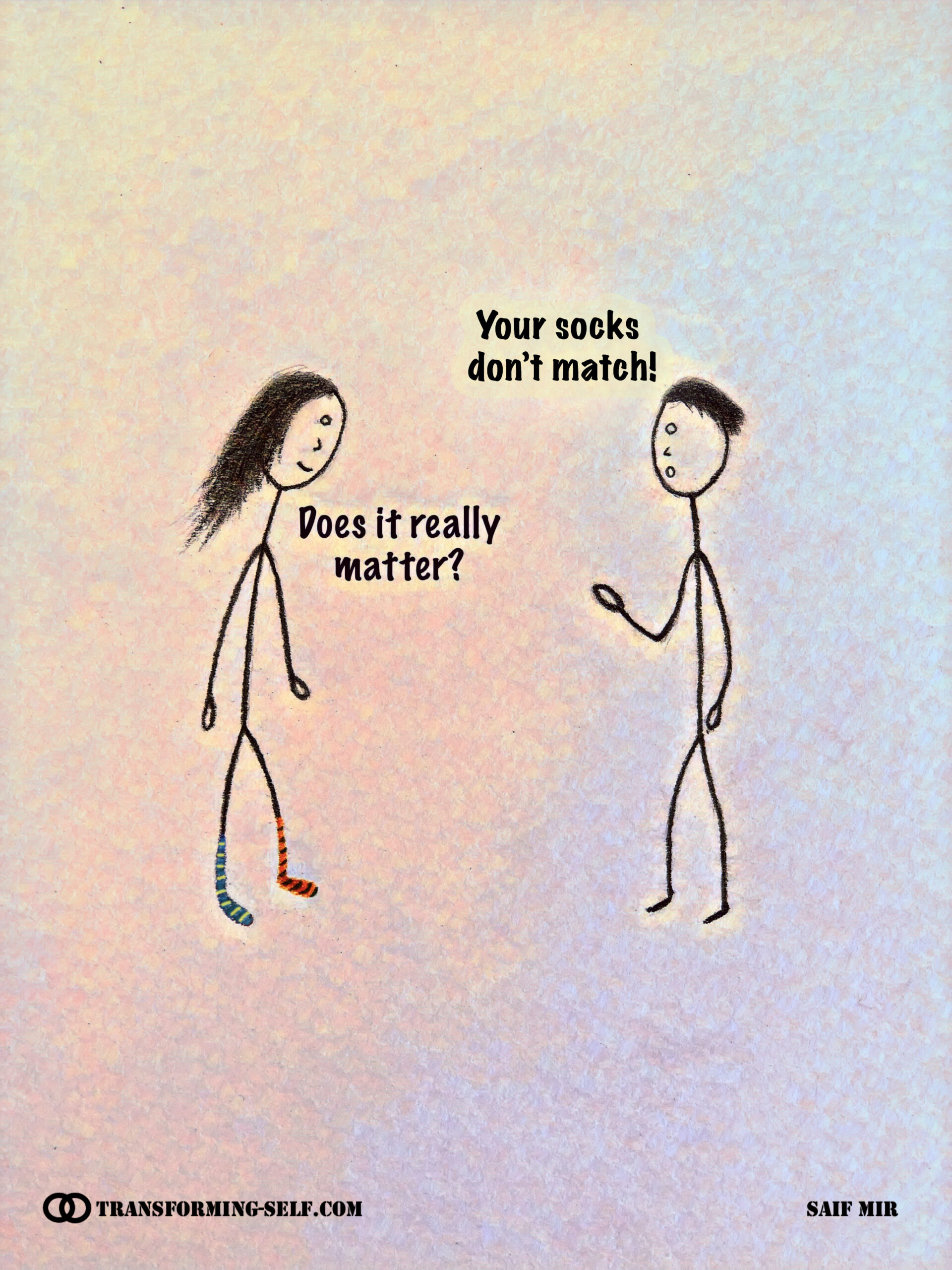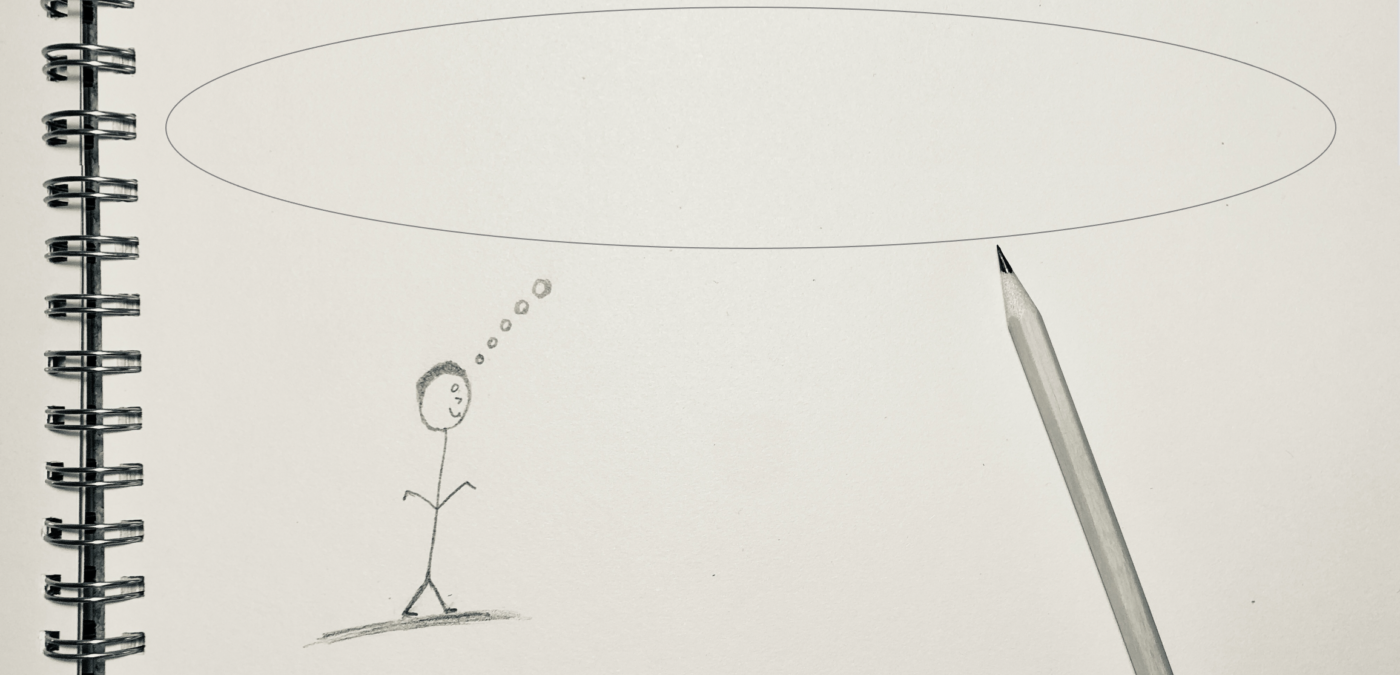
Does it really matter?
Unconsciously, we are.
Social norms guide us.
Defined by them, we become.
They are embedded. Our actions automatic.
Rules set by others, passed unto us.
What is right, what is wrong?
What is usual, what is unusual?
What is normal, what is abnormal?
We can become caged by these rules.
Often, norms call for uniformity, for consistency, for fitting in.
Norms can be useful. They too can serve a purpose.
The principles of morality are norms of great value.
A free spirit learns to differentiate these norms, good from bad, worthy from unworthy.
It need not fit all norms. It questions. It challenges.
It seeks to be free.
Consciously, we are.
Here too, bound we may be.
We may stress about the small things.
What will this say about me?
How will I be seen?
What will they think?
Resistances within, created from our burdensome thoughts.
Freely, we shall roam, when our resistances are broken.
We may be afraid to stand out.
Fearful, we are, of how we will be observed, or judged.
Too easily, we too judge.
Judge, we should not.
Be afraid, we should not.
Every choice presents an opportunity.
Where fear lurks, so does courage.
Both await, your choice.
Ask yourself…
DOES IT REALLY MATTER?
Subscribe to receive notifications of new posts via email.





Comments
As long as we are certain that all is preordained, then it does matter.
Not so for a solipsistic where all that exists is one’s own making.
Such small insignificant incidents can alter course towards propound changes in life.
A casual meeting , a statement, even a glance could influence an opinion one way or another and influence a decision that alters the course of life.
Regarding Normality , we are normal if that is of concern.
Normality affords a better feeling of togetherness , a comfort.
Concern of what others think of us is embedded in all of us .
Then comes the question of how concerned are we ,that is where we have to temper our emotions and realise that almost everyone asks the same question.
COGITO, ERGO SUM.
Does it REALLY matter is a good question .
there are so many things you say , that you do , that you write can often be viewed by the recipient in so many ways.
To read the letters of Samuel Johnson , the author of the first English dictionary , you will observe the very obsequious language in his writings.
He plainly thought it did matter lest the reader detects the smallest affront or less than was expected.
His letters generally ended thus _
“I remain , dear sir your most obedient and humble servant ”
A solipsist would not have any concern .
I wonder if there are any, the thought did occur to me many years ago.
COGITO , ERGO SUM .
Malcolm Weatherhead